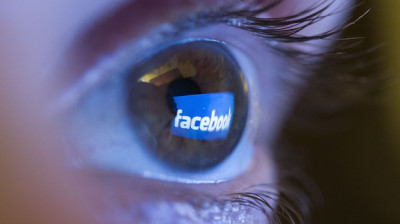
image via
Social media has evolved so much over the past few years. From a platform to network with friends and meet new people to a platform for activism, news and advertising. One of the new trends seems to be online shaming. This is where an aggrieved person goes on social media to expose another party. We have seen this happening in Kenya of late with pages such as Dead Beat Kenya.
Dead Beat Kenya is a Facebook page where fathers who’ve not been taking care of/abandoned their children are exposed. The page has gained popularity especially where celebrities are exposed and best exemplifies the extent to which online shaming has gone. Another example of online shaming happened this week where one of Kenya’s journalist was accused of sexual assault. The subject quickly caught fire with some corners of the internet baying for his blood and asking that he be fired from his job.
The question now seems to be whether online shaming does anything to resolve a situation. On one hand we have those who feel the system has failed and the best way to deal with these issues is to put them out there so as to shame a party and hopefully prevent them from doing the same to someone else. On the other hand we have a loop hole that allows for the accused to sue for defamation and most importantly does not allow for context as most of those who jump on the conversation do so without context.
If there is an investigation going on then online shaming becomes an issue or even if there is a case in court. Also there can be deep psychological effects for both parties. What if the accused loses their job? Then what next? Is there a way to help those accusing to get help first or prepare them for the backlash they might get from people online.
Online shaming is a double edged sword. You never know what to expect when you post something on social media.


